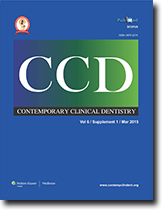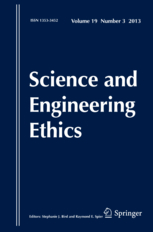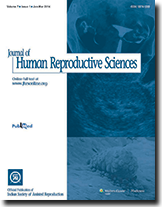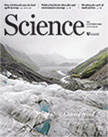 Nature retracted a paper on protein structures today, six years after an investigation at the University of Alabama identified several structures that were “more likely than not falsified and/or fabricated” by one of the authors.
Nature retracted a paper on protein structures today, six years after an investigation at the University of Alabama identified several structures that were “more likely than not falsified and/or fabricated” by one of the authors.
The paper came under scrutiny soon after it was published in 2006. A letter published in Nature that same year pointed out “physically implausible features in the structures it described.” That triggered the investigation at the University of Alabama, the result of which was published in 2009, identifying “nine publications related to the same protein structures that should be retracted from various scientific journals.” Everything was pinned on last author H.M. Krishna Murthy, who the investigation determined was “solely responsible for the fraudulent data.”
A 2009 Nature news article on the investigation declared that the “fraud is the largest ever in protein crystallography.”
We’re not sure what took Nature so long to retract the letter, titled “The structure of complement C3b provides insights into complement activation and regulation.” Here’s the note, which explains that not all the authors agreed to the retraction:
Continue reading Nature retracts paper six years after it was flagged for fraud


 A
A 

 The first author of a paper
The first author of a paper 